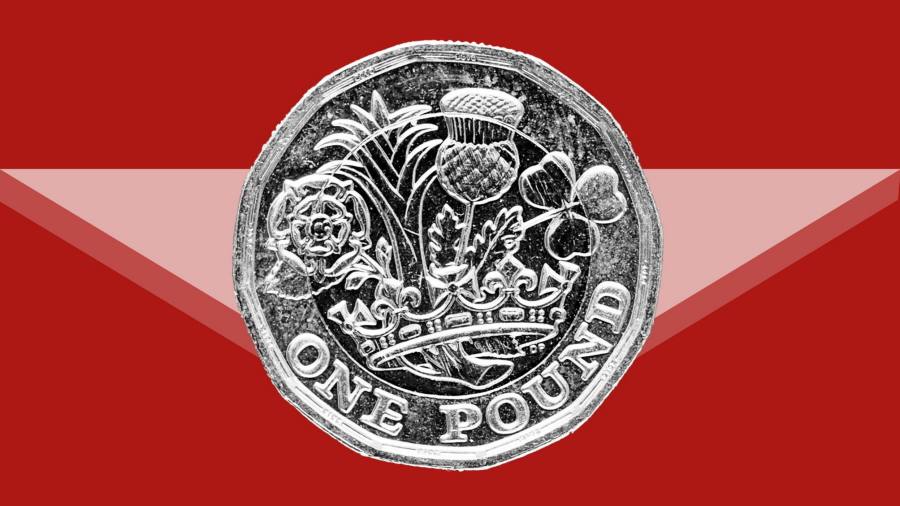Receive free Markets updates
We’ll send you a myFT Daily Digest email rounding up the latest Markets news every morning.
US and European stocks declined on Tuesday as oil prices hit their highest level this year, raising investors’ concerns over mounting price pressures a day before the highly anticipated US inflation report.
Wall Street’s benchmark S&P 500 slipped 0.3 per cent at the New York opening bell, while the Nasdaq Composite declined 0.4 per cent. In Europe, the region-wide Stoxx Europe 600 gave up early gains to trade 0.1 per cent lower.
Focus shifted to the US inflation figures due on Wednesday, which will mark the last piece of key economic data before the Federal Reserve announces its decision on interest rates next week.
The rate of annual price growth in the world’s largest economy is expected to have increased to 3.6 per cent in August, up from 3.2 per cent in the previous month. The uptick is expected in part because crude prices have climbed steadily since the middle of summer.
Brent crude, the international benchmark, rose 1.2 per cent to $91.76 per barrel on Tuesday, reaching its highest level since November 2022. US marker West Texas Intermediate added 1.4 per cent to $88.54.
“While that won’t move the needle for next week’s Fed decision, where a pause is widely anticipated, it would indicate hawkish risks to the broader Fed outlook,” said Benjamin Schroeder, senior rates strategist at ING.
Meanwhile, UK government bond yields and the pound dropped on Tuesday, as investors took a mixed set of jobs data as a sign that the labour market may be cooling.
The pound declined 0.3 per cent to trade at $1.2467 against the dollar after figures showing record wage growth despite signs the jobs market is weakening.
The yield on the interest rate-sensitive two-year gilt fell 0.05 percentage points to 5.03 per cent and the 10-year yield dropped by a similar amount to 4.43 per cent. Bond yields move inversely to prices.
UK unemployment rose to 4.3 per cent in the three months to July, above the Bank of England’s forecast for the third quarter. However, annual pay growth was 7.8 per cent in the three months to July, the highest rate in records going back to 2001.
“With unemployment on the rise and vacancies continuing to fall, the UK jobs market is likely to loosen further as businesses rethink expansion and hiring plans,” said Alice Haine, personal finance analyst at investment platform Bestinvest.
Yet the pace of wage growth has helped convince the majority of market participants that the BoE will increase interest rates, which are already at a 15-year high, by another quarter-point to 5.5 per cent next week.
“Signals coming from the labour market have simply been too strong to justify a pause in rate rises”, said Hugh Gimber, global market strategist at JPMorgan Asset Management. “This morning’s data makes another increase in UK interest rates highly likely next week, even despite some of the weaker growth numbers recently.”
The jobs data comes a day after Catherine Mann, one of the central bank’s more hawkish policymakers, said she would “rather err on the side of over-tightening”, as price pressures remained well above the BoE target.
Asian equities were mixed, with Hong Kong’s Hang Seng index down 0.4 per cent and China’s CSI 300 losing 0.2 per cent, while Japan’s Topix rose 0.8 per cent.
Read the full article here




